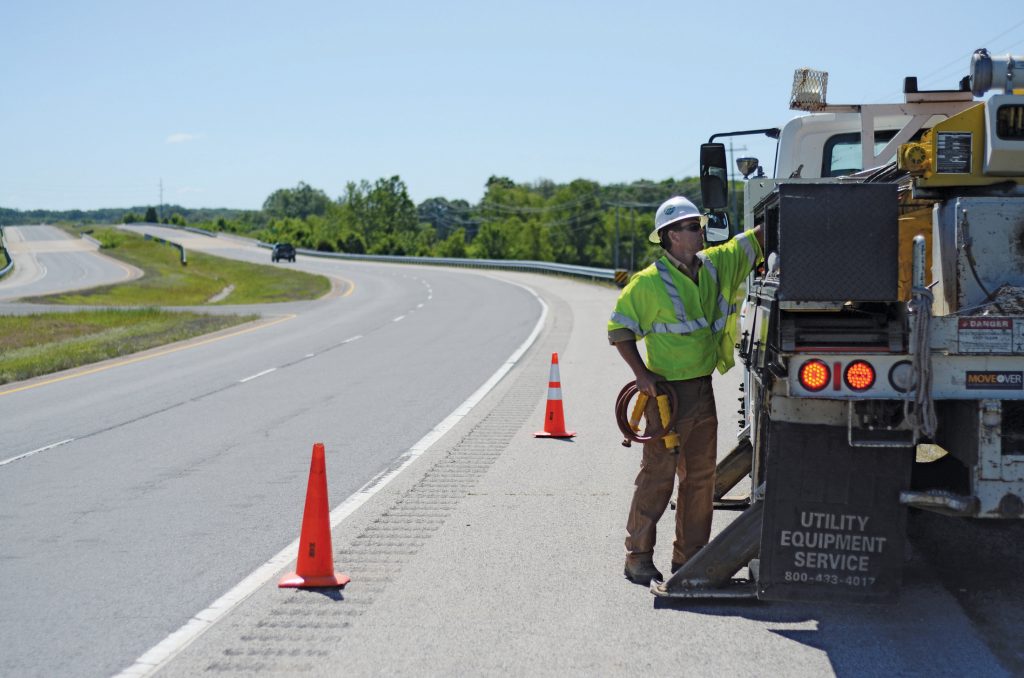
CEO, Tennessee Electric Cooperative Association
Utility workers have a dangerous job, but we can help make it just a bit safer for them. Doing so does not require any specific training or special skills. In fact, every licensed driver already possesses the ability to help.
As I began writing the words above, I noticed that the theme seemed a bit familiar. A quick search of my notes proved my intuition to be correct. Seven years ago I shared similar thoughts in this magazine. Well, some ideas are just worth repeating, so I hope the previously published article that follows will serve as a new reminder for you today.
When I was a kid, my parents taught me some pretty basic concepts about good manners: Address adults as ma’am or sir. Don’t put your elbows on the dinner table. Say please and thank you. Open the door for ladies. Look someone in the eye when you shake his or her hand. Now that I’m an adult, I don’t have to think about chewing with my mouth closed; I just do it. Unfortunately, not every lesson we learned as young people sticks with us into daily practice. When is the last time you flossed your teeth, for instance?
Not only do we tend to forget some of the simple lessons of life, but we often pick up new bad habits along the way as well. I think this is particularly true in how many of us approach the use of our automobiles. A parked car is basically harmless. However, when we drive a 2-ton hunk of metal at a speed of 60 miles per hour, we are essentially controlling a guided missile. If that car makes contact with a stationary object, significant damage will occur. Here is a terrifying question, though: What if that stationary object were a human being?
Well, that is a life-or-death issue. And there are groups of people who deal with that threat every single day. Police, firefighters and EMTs are routinely out in the road, dealing with problems. Most of us instinctively know what to do when we encounter this type of situation — slow down and get out of the way so you don’t become the next person to whom these first responders must attend.
But what about others who commonly work along our roadways? Think back to your childhood. After your mom or dad told to you stop asking, “Are we there yet?” on the family vacation, did you ever start counting the utility poles to pass the time?
Electric linemen spend a huge amount of their time working alongside the road. While their truck will have its lights flashing and orange cones surrounding it and the workers will wear fluorescent vests, do you give them the same courtesy you afford our police and firemen?
Hopefully no one needs to tell you to do the right thing when you approach a utility vehicle — change lanes and slow down — just like no one needs to tell you to knock on the door of someone else’s house if you want to go inside. But in case you need some extra encouragement, you must move over for utility workers in Tennessee. It’s the law.



